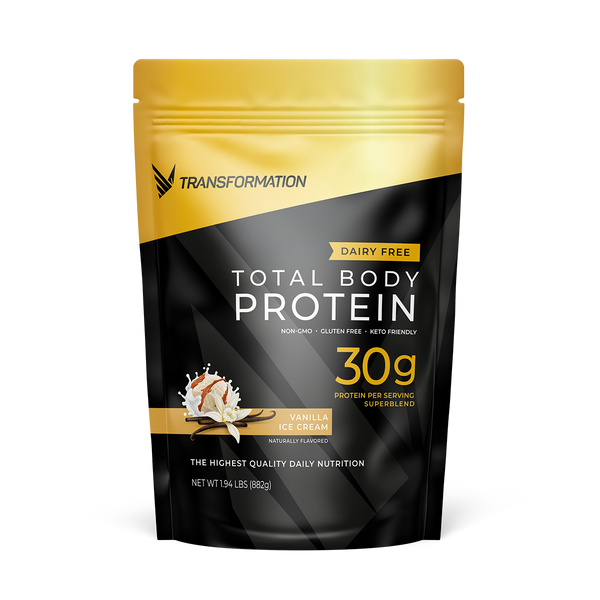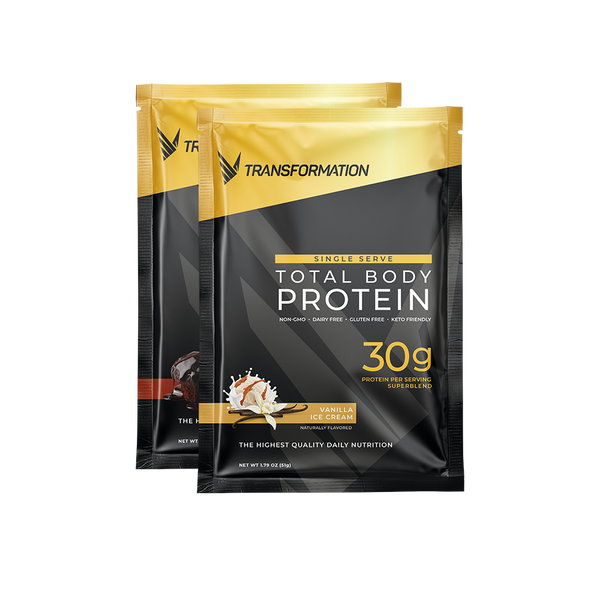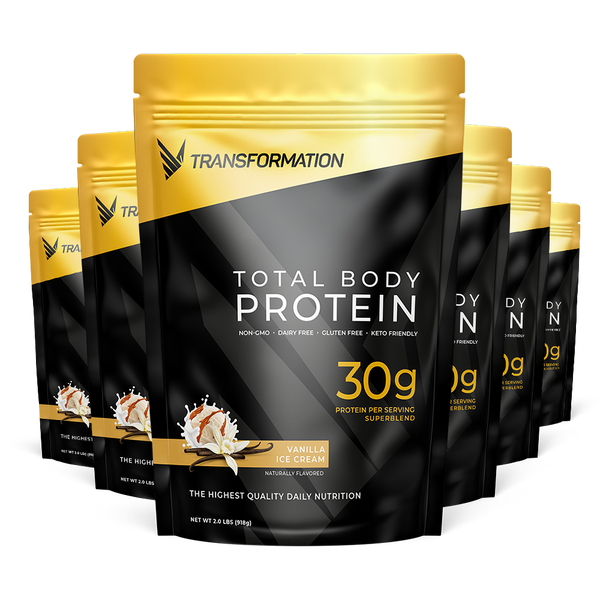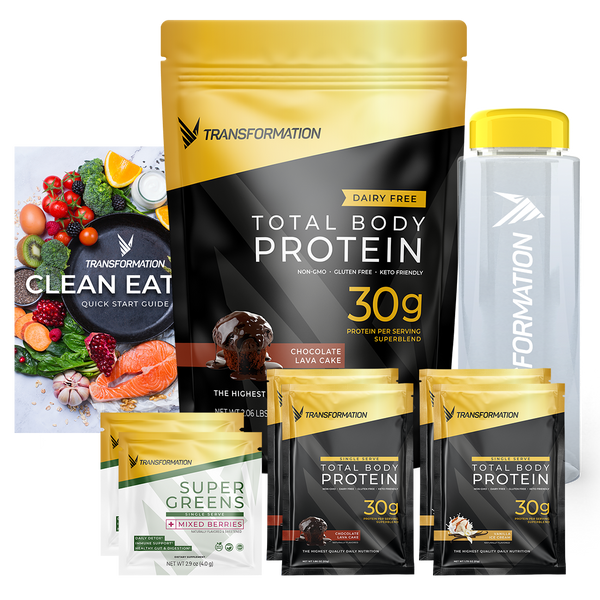
Protein For Breastfeeding Mamas.. Plus Tips on How to Lose Weight
When it comes to protein, so many people are underserved. It's not only a vital cornerstone in the diet, but is also vital for breastfeeding mothers. Being well-nourished and having the proper protein intake is especially essential for breastfeeding. According to the CDC, breastfeeding mothers need an additional 450 - 500 kcal of healthy food calories per day to meet their nutritional needs.
If you are breastfeeding, you’re giving your baby nutrients that will affect their health and promote their growth. So, unsurprisingly a focus on healthy foods should be the primary target. Eating the right balance of whole grains, vegetables, fruits and lean protein helps give babies the right nutritional support, while supporting the mother as she produces the baby's food supply.
Protein plays an essential role in lactation. Producing enough breast milk to sustain an infant’s growth spurts and daily needs is hard work. Breastfeeding burns an average of 500 calories per day, making it almost like a workout! Adding in the right foods is how to produce more breast milk while not adding in the wrong kind of calories can make the biggest difference. Fish with high levels of mercury, excessive caffeine and alcohol are foods to avoid while breastfeeding.
Postpartum Moms Need Protein
If you’re experiencing difficulty producing enough breast milk, you might need to have more protein in your diet. Lean proteins like egg whites, beans, tofu, and nuts have been shown to increase breast milk supply. Protein offers essential amino acids to the body for the production of breast milk. It passes from the woman to the baby to support nourishment and growth. Because of this breastfeeding moms require an additional 25 grams of protein per day.
25 extra grams of protein per day is a measurement in addition to the amount of protein that postpartum women should already be incorporating into their diet. The accepted macronutrient distribution ranges (AMDR) set forth by the Institute of Medicine of the National Academies is 10–35% of their calories from proteins, which could be anywhere from 30-50 grams of protein per day, depending on height, weight, and activity level. It could be up to as many as 175grams of protein per day if you’re very active. A quick way to calculate your macronutrient distribution is with an online macros calculator, to determine what amount of protein you should be eating daily.
Counting your macronutrient intake (aka macros) is a great way to also help women lose the baby weight. This is because it allows you to be at a safe calorie deficit for fat loss while also having the resources needed to produce nutritious and adequate milk supply for a growing baby. Continuing to take an appropriate multivitamin as well as consulting with your physician when embarking on any new weight loss program while lactating is key.
Best Types of Protein for Women
Most women do not consume enough protein as it is, and if you are a breastfeeding mama with an adequate amount of daily activity––you likely need a lot more protein than you might think. Generally, women who feel fatigued or tired may be lacking enough protein in their diets. It’s important to re-evaluate your diet, especially when breastfeeding. Making sure you get the most beneficial blend of both plant and egg white proteins in your diet can help ensure that you have a complete amino acid profile for all your body’s needs.
Some of the best proteins for women are easy to consume daily either through a protein powder and/or through foods in the diet. They offer a myriad of different benefits:
- Hemp
- One of the best plant-based proteins available
- Contains omega-3 fatty acids (a.k.a. DHA) is essential to healthy brain and eye development in infants
- Whey
- Easily digestible
- Contains all nine EAAs your body needs
- Helps suppress the hormones and controls appetite for better weight loss
- Pea
- Vegan and allergy-friendly
- Good source of some BCAAs, like leucine, isoleucine, and valine
- Some studies show that it’s better at reducing hunger than whey protein
- Egg White
- Good source of BCAAs
- Complete protein
- Easy to digest
- Low carb and very little flavor
- Collagen
- A multifunctional protein source–– can help reduce joint pain and improve skin texture
- Easily mixes into hot and cold liquids, which makes it easy to add to just about any food or drink
Protein Quality Matters for Mothers
Choosing a high quality protein is essential for women breastfeeding. Everything you eat can be passed onto your baby while nursing, so it's paramount to follow a nutritional breastfeeding diet to support yourself and your baby during the lactation period. If you’re looking to lose weight after having a baby, you’ll need to follow a plan that incorporates nutrient-dense foods for you and your baby.
As you increase your exercise postpartum, finding the right protein powder can be a great way to add in the extra grams you need to fuel your day and keep your baby healthy. Because your baby eats what you eat, if you are planning to supplement during lactation it is important to choose a healthy clean protein powder that is very high quality. You want to make sure you are not choosing anything with artificial ingredients, fillers, or anything that may unintentionally harm your baby.
Common protein powder ingredients you should avoid while breastfeeding:
- Artificial sweeteners
- Unpronounceable chemicals
- Heavy metals
- Potential allergens like nut, dairy, soy, gluten, etc.
A breastfeeding diet should include ample amounts of protein, and can benefit most from a protein formula that features a hybrid blend of plant proteins, collagen peptides, plant proteins, and essential amino acids. Plant proteins alone are not complete proteins, they lack 2 out of the nine essential amino acids which is why the addition of eggwhite protein makes our protein complete. Transformation Protein is the most clean protein powder on the market for a mom-approved powder for health and weight loss.






